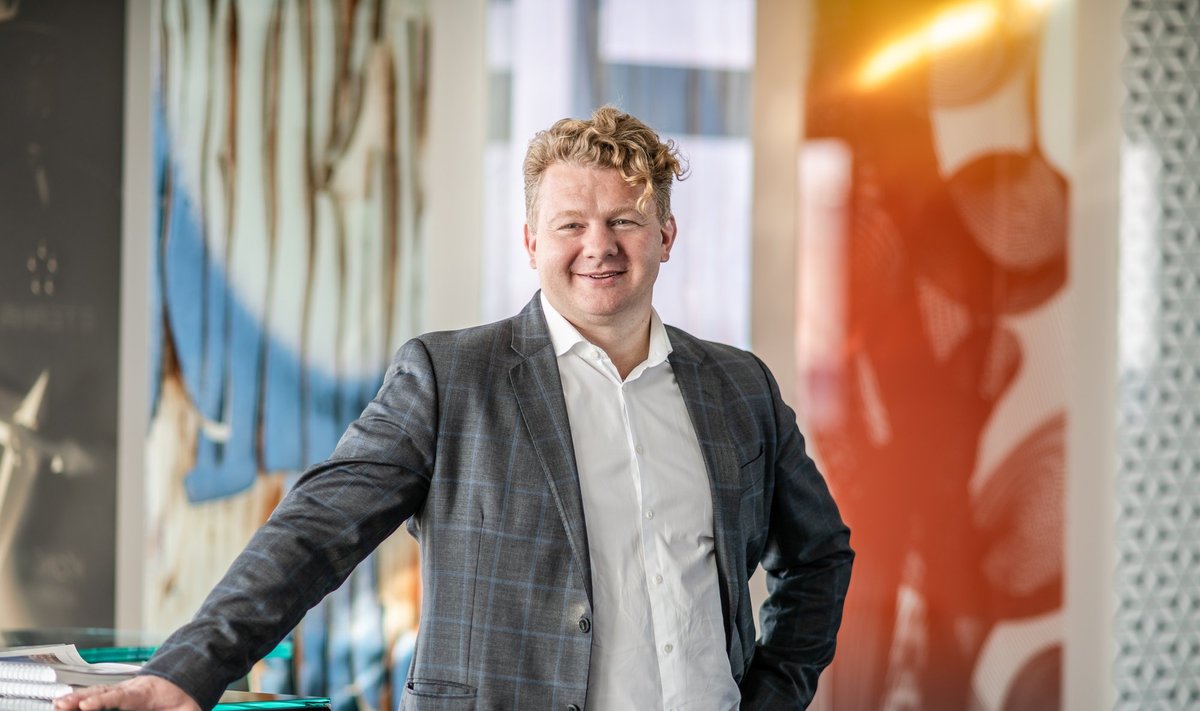Valdas Virbalas, the commerce head for the company, invites DELFI to his office in the port city’s free economic zone with a smile. While the lockdown and pandemic have significantly shaken the real estate sector directly tied to the company’s success, the company representative is overflowing with optimism.
Glassbel production, located in Klaipėda, departs to various countries around the world, and Virbalas can list at least 29 countries which contain buildings featuring Lithuanian-made windows.
Currently, another project on Wall Street in New York is being completed, with hundreds or even thousands of financial brokers due to pass by it every day.
During the conversation, V. Virbalas concedes that one of the most frequently discussed topics in architecture and constructions right now is what to do to ensure that this sector’s environmental footprint is as small as possible.
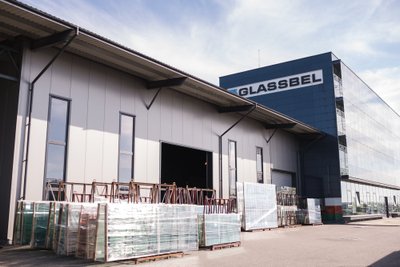
“This topic relates to us as well. We are in constant discussions with architects and consultants in London, New York and San Francisco as to how we should construct buildings in the future. After all, they serve for around 50 years,” explained the representative.
V. Virbalas indicates one of the solutions, which contribute to more advanced solutions in the construction sphere, by pointing to his office windows. Here behind the main glass, an extra glass façade is installed, and on it, you can find solar panels which generate electrical power.
Building engineering solutions and trends are decided not only by greater attention to environmental conservation, but also unexpected events. For example, following an apartment building fire in London, rethinking and abandoning of certain materials used in construction was in order. Meanwhile, trends could now change due to COVID-19.
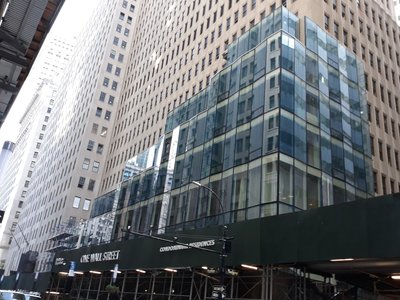
“The consideration is as to how people should move within buildings. Are more elevators needed for fewer people to meet? And how can you live in an apartment where no windows can open? After the pandemic, buildings, their functions and traits will all change. Buildings will have to be more accessible, more convenient and the air within them fresher,” the company commerce head outlined a vision of the future.
Thinking how to ‘undress’ buildings
Indeed, windows and the glass they are made out of are already vastly different from materials initially used in construction: modern glass offers heat insulation, preventing warmth from escaping, but also preventing heat from entering premises. In the future, it is likely that we will have such smart solutions, which will adapt to individual needs, such as glass reacting to the environment and, for example, allowing morelight inside in the morning and less in the evening.
“Due to this, less air conditioning is used. We ourselves have a secondary façade, which casts a natural shadow, which keeps warmth from the sun in, while in winter, the wind does not blow into our windows, helping our premises stay warm,” V. Virbalas spoke about the solutions their office in Klaipėda FEZ uses, adding that every solution related to windows and glass could lead to lesser consumption of energy resources.
“At the same time, we must also keep in mind what awaits the building in the future when it is no longer in use. It will have to be ‘undressed’” and only a frame will remain,” he continued.
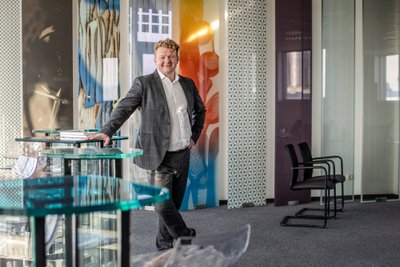
There are also discussions in the architecture, engineering and construction sector on what to do with unneeded glass. Significant energy resources are needed to produce it, and accumulating glass landfills is not the way to go.
“It would be good if it could be recycled in the future and so, there are currently numerous discussions on how to separate the extra film from the glass because it is currently laminated,” V. Virbalas explains.
Thirsting for innovation
The commerce head at Glassbel admits that only innovation allows to stand out and stay afloat on the market: “Perhaps it doesn’t always offer us commercial benefits, but we believe that only by marching in line with innovation can we remain of interest on the market.”
The company is already producing not only glass with solar panels but also heated glass, for example, for building roofs. Products are also made with blinds in between the glass panels.
The company also gains an advantage in seeking clients through its flexibility. The Klaipėda FEZ-based company is not viewed as a large factory on the world stage and so, it not only can offer its clients a suitable final product but can also flexibly offer services up to the final stage of production.
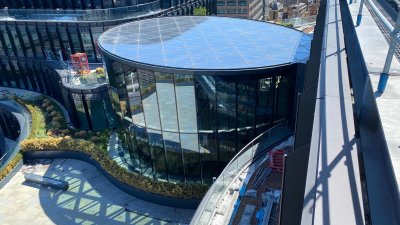
V. Virbalas notes that customers are increasingly often bringing up the word ‘sustainability.’
“Public pressure is felt, as well as the responsible stance of people doing business. Such decisions are made not just by politicians and this is important. Investors constructing buildings for several decades realise that the building will also have to stand in the future and retain its value after time passes. And how could you know this if you don’t model how needs and views will change?” he poses.
Glassbel is already preparing for potential future heightened requirements in the construction sector by investing in scanning equipment, which allows for improvements in production processes and when the requirements are approved, allowing to certify existing products as per certain standards.
